Society isn’t equipped for conversations around miscarriage, grief and loss – we have to make a change, writes Kirstin Innes.
Must be March. Like clockwork, my email inbox – having shaken off the LAST MINUTE VALENTINE’S DAY DEALS (romance: still not quite dead, folks) – turns its attention to Mother’s Day.
But, first of all, seemingly every company I’ve ever shopped with online (including quite a few I’m pretty sure I unsubscribed from years ago) would like me to know that they understand Mother’s Day can be a difficult time of year for some people – would I like to temporarily opt out of their Mother’s Day communications?
I’ve had 17 emails with something approximating this subject line since February 15: “Mother’s Day, Mother’s Day, Mother’s Day. Would you like to opt out?”
These days, I just delete them, which means I’ve also had 24 emails pushing possible Mother’s Day gifts appear in the last week. However, there was a period when the regular appearance of these messages in my inbox would have caused me quite a bit of upset.

Not just the Mother’s Day emails, but the faux-anxious marketeer concern pre-empting it. Companies want to appear to be doing the right thing, and the people writing these emails have probably all attended the same sensitivity training sessions; but they’re all still behaving as though their corporate communications exist in a vacuum, not understanding the cumulative effect.
For those lucky enough not to have considered this, people who might not want to see “Mother’s Day” pop up repeatedly in their inbox or phone notifications might include those grieving the loss of their own mother, or those struggling to become a mother. For a long time, I was in the latter category.
Isolating and alienating
My partner and I spent five years trying to overcome infertility – three rounds of IVF and two miscarriages before our eldest son was born. It’s difficult to explain to people who haven’t been there how isolating and alienating this time can be – rightly or wrongly, I often felt as though I was in a losing battle with my own body.
There are very few avenues for respite from this sort of ongoing bodily trauma, and I remember all too well how my concentration during a working day could be derailed by something as tiny as a Mother’s Day email pinging up at the wrong time.
Something as innocuous as a baby scan picture on social media could lead to crying sessions in the office toilets, particularly after I’d miscarried
I developed a sixth sense for friends’ pregnancies and began to steel myself for the announcement well before they were ready to make it, sometimes even drifting away from the friendship as a self-preservation tactic. Something as innocuous as a baby scan picture on social media could lead to crying sessions in the office toilets, particularly after I’d miscarried and that image had a different connotation for me.
Recently I got a “like” on Facebook from a woman I haven’t seen since we left school in the late 1990s, and who I hadn’t heard from in some time. I realised I’d muted her 10 years ago, when she marked each day of the month before her third child’s due date with a daily countdown post: “14 days ’til I meet my baby! 13 days ’til I meet my baby!”
We have to break the silence
As a society, we have created a strange convention that pregnancies are to be kept secret until after a successful 12-week scan. On one level, this fulfils a practical function in minimising the amount of painful conversations grieving parents need to have. However, it has also managed to create an eerie culture of silence around miscarriage.
At the time of my first miscarriage, I felt as though I couldn’t talk to anyone about it. Pop culture had prepared me well for all the other Big Moments: I’d consumed hundreds of films and books that dealt with falling in love, getting married, moving in with a partner, actually having a baby. But this? I had no reference points for it whatsoever. And, because of that culture of silence, I didn’t think I knew anyone who’d gone through it either.
That silence also functioned to choke the few friends I told about it, in various ways. They didn’t know how to respond – again, because we lack cultural pointers for what is and isn’t appropriate in this situation.
Three separate people patted me awkwardly and said: “At least you know you can get pregnant now.” I couldn’t begin to explain to them that I had invested all my years of trying in that pregnancy, that particular one, and needed the time to grieve that baby who wasn’t going to be.
Because I’m one of the lucky ones who made it through to the other side, I feel it’s important to speak up about this wherever possible, to contribute to breaking through that silence.
So, as this Mother’s Day approaches, even if you aren’t negatively affected by the concept, please take a few moments to consider those who are. And, if you work in marketing, maybe offer your customers the option to opt out at the point of signing up?
Kirstin Innes is the author of the novels Scabby Queen and Fishnet, and co-author of non-fiction book Brickwork: A Biography of the Arches


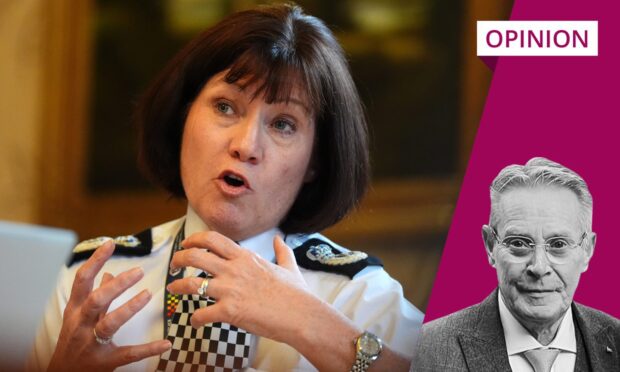
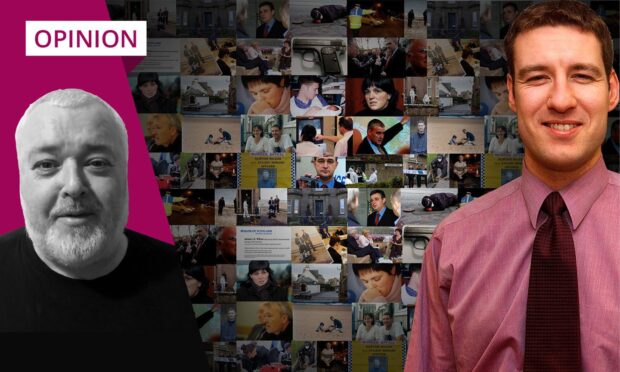

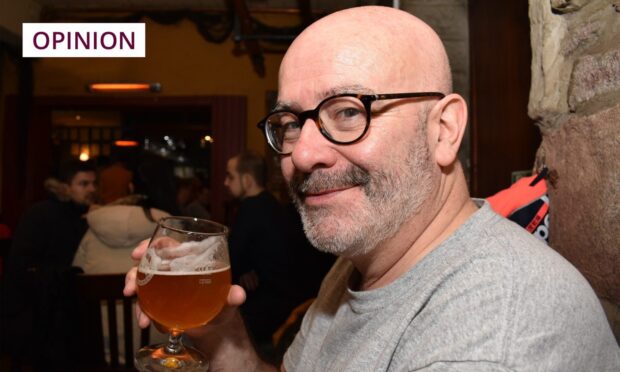



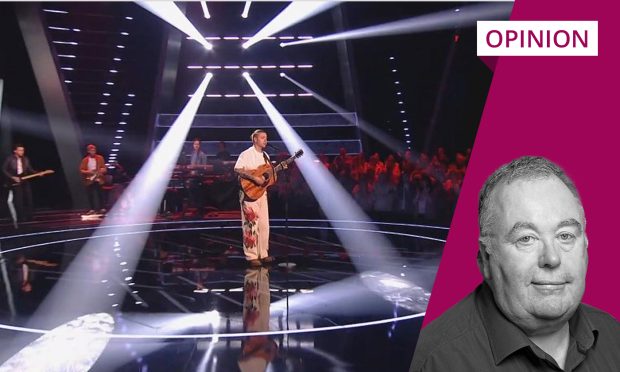
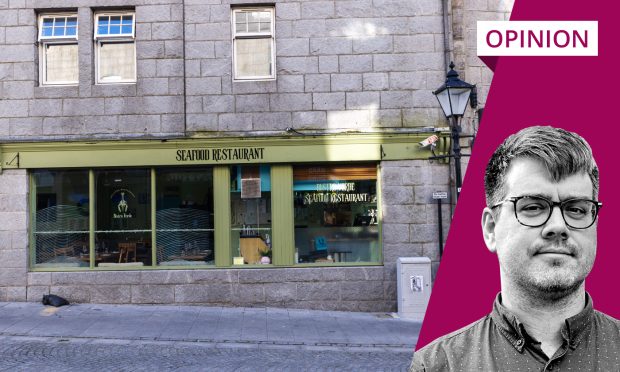
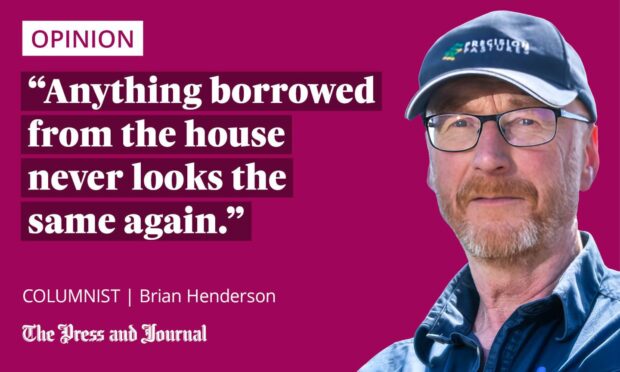
Conversation